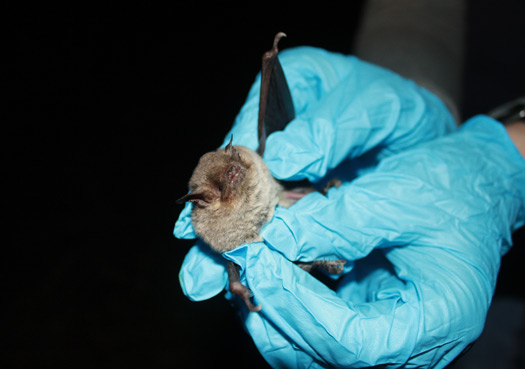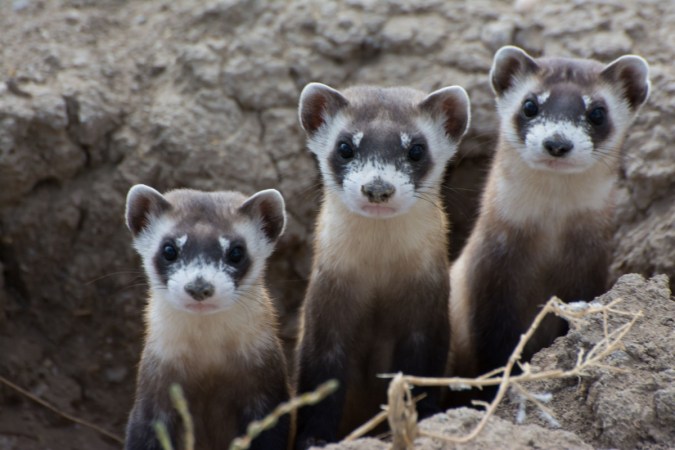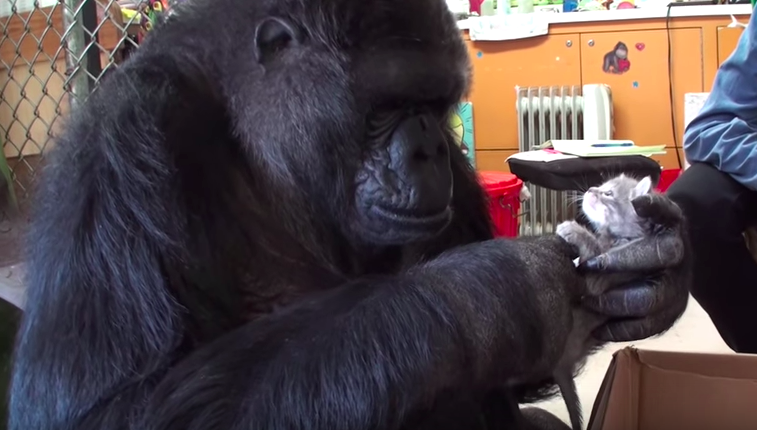

A new study published this week in Nature could shift the way scientists approach conservation. The researchers analyzed 14,000 vertebrate populations across the world and found that previously accepted worldwide declines in wildlife could be attributed to a few outlier populations. This could mean that conservation efforts over the past 50 years have been more effective than researchers thought.
The analysis used data from the Living Planet Index, which aggregates information on vertebrate biodiversity across the globe. Previous analyses of this database showed that since 1970, vertebrate populations globally have declined by more than 50 percent. The researchers determined that there were two ways this extreme decline in the numbers could be explained: Either there was a widespread, systematic decline across the whole globe, or certain outlier populations saw immense declines in their vertebrate populations which effectively dragged the numbers down. Their analysis suggests that the latter could be true, and that about one percent of the populations accounted for most of that decline.
“There are a small fraction of very strongly declining populations which drove those previous global estimates, says Brian Leung, an ecologist at McGill University and the first author of the study. “When those are factored out, the picture was quite a bit different.”
In fact, in many areas, especially in northern temperate zones, populations that were previously thought to be declining might actually be increasing. That’s a good sign that conservation efforts in these areas have been working.
However, the few areas where the researchers identified declines are facing widespread, systematic losses that still need to be addressed. Leung says the Indo-Pacific region, where bird populations have drastically decreased, is one area that is at risk, and the research also points to widespread harm to reptile populations in many other regions. In these areas, the conservation efforts could be better targeted to these species in particular, says Leung. “Those ongoing losses are much more regional and specific.”
Still, the results of the study show that overall, conservation efforts might be working better than previously thought, and the state of the world’s wildlife may not be as dire based on this particular data set, though more research will provide an even more robust understanding of the current state of the world’s diversity.
“It is sort of a message of hope, in that all of our efforts over the past few decades have had a positive effect,” says Leung.















